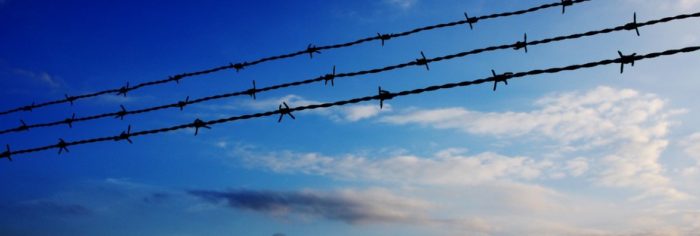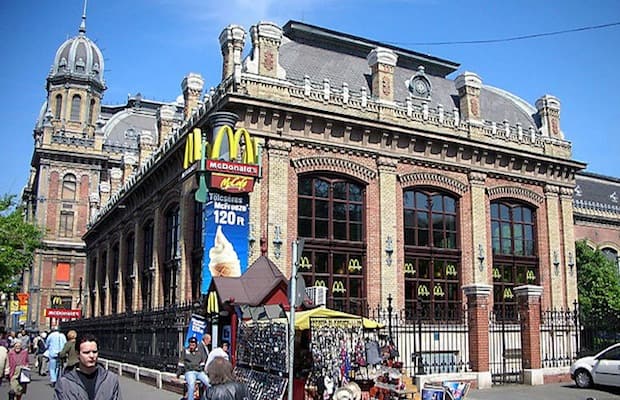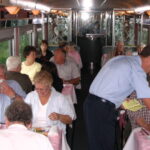Hungary—Before and After the Russians.
Back in the mid-80s, my wife and I made the first of two trips to Hungary. We took an overnight train from Paris to Vienna then, two days later, another train for the four-hour ride from there to Budapest.

This was when the Iron Curtain was still very real. When our train stopped at the Austro-Hungarian border, uniformed Hungarian military personnel boarded and moved slowly from car to car, checking everyone’s tickets and papers. When two soldiers reached our compartment, they gestured for us to step out into the corridor.
While we stood there,one of them carefully examined our tickets and passports and asked a series of questions: What business did we have in Hungary? Where were we staying? Were we bringing any gifts with us? Did we have any books or magazines? The other soldier was in our compartment, lifting up the seat cushions and, with a flashlight, peering up into the crawl space above the ceiling to make sure no one was hiding there.
Meanwhile, outside the train, a soldier was stationed opposite the vestibules of each car on both sides of the train. Two other soldiers slowly worked their way down the length of the train—one with a large dog on a leash, the other with a mirror on the end of a long pole which he held under each car, obviously looking for someone who might be clinging to the underside of one of the rail cars. The whole process took about an hour and was, as you can imagine, a sobering experience.
But times change. Just a dozen years later, we made a second trip to Hungary, this time after glasnost had come to Russia and the entire Eastern bloc. Our train paused briefly at the border where, once again, two uniformed Hungarians came through the train. No guns … cheerful … asked a couple of questions and glanced at our passports and said, “Please enjoy your visit.”

By a remarkable coincidence, the very first McDonalds restaurant had opened in Budapest just a few days before our arrival. We passed it on the way to our hotel and saw long lines of customers spilling out onto the street.
Later that night, we asked some Hungarian friends if they had been to the McDonalds and, if so, what did the think of it.
“Well,” said Istvan, “the food is wonderful, of course, but it’s so expensive!” Once again, we are reminded that “East is east and west if west, an never the twain shall meet.”




My first time was in 2010, and again last year. Budapest is very much worth it, it’s a beautiful city, public transport is excellent (they have the oldest subway line on the continent, and the last line is state of the art, they also have the longest trolley vehicles, and a good night network), it’s still quite a lot cheaper than Western Europe, but only second to Vienna for Habsburgian grandeur, especially in the coffee houses (Café New York! Gerbeaud!). And of course that wonderful river… With the completion of the subway works, the city has been cleaned up a lot, so you might find things have changed since, and mostly in a good way (as long as you don’t live there, Orbán is not quite Trump, but he’s still a populist.
Besides Budapest, I’ve been to Szeged, Vác, Miskolc, Esztergom, Debrecen and Nyiregyhaza, all not without charm. There are however more people who don’t speak English.